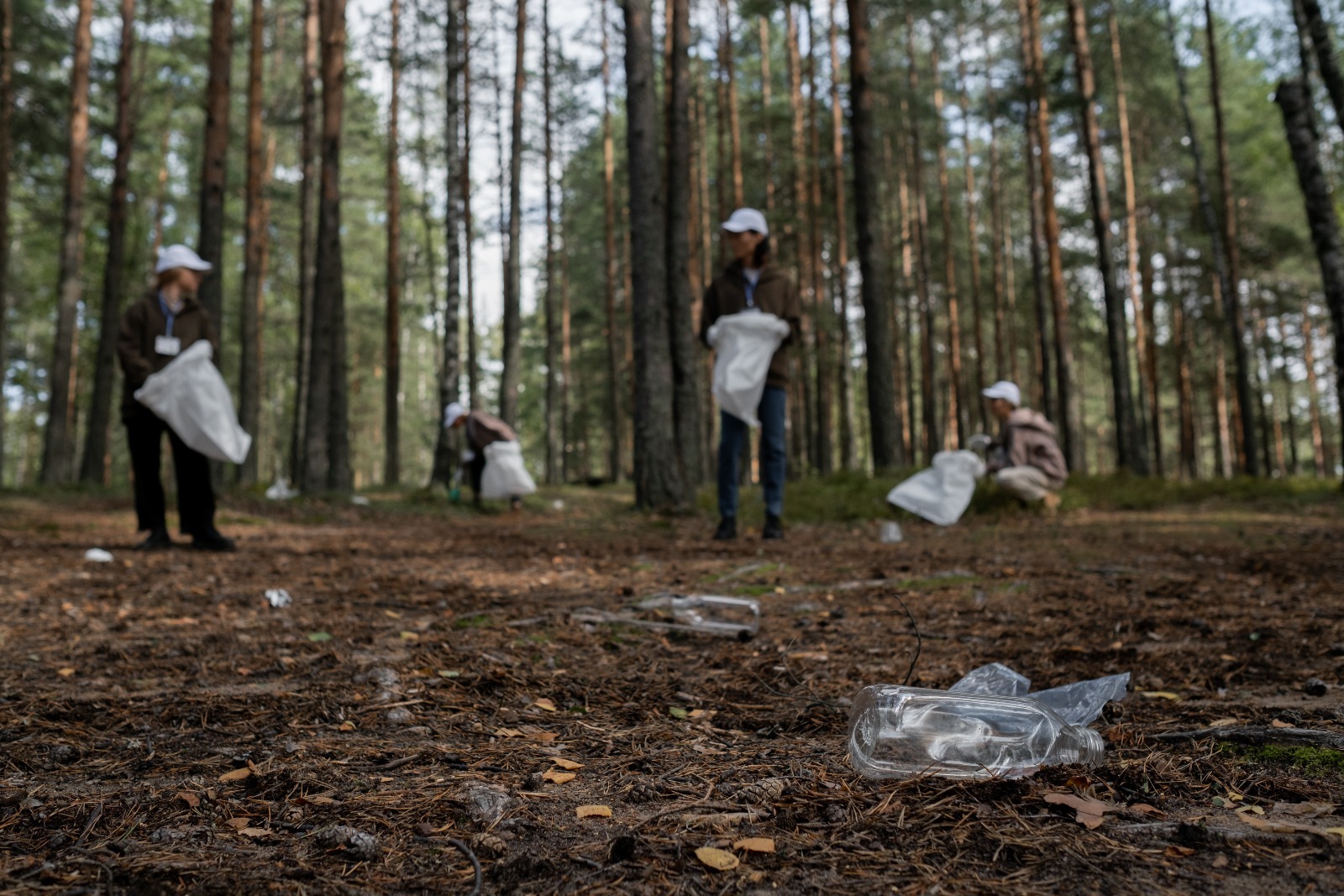Supporting others and giving back to your community can help you heal from substance use disorder (SUD). Being willing to spend time helping others can reduce your risk of relapse and improve your quality of life. According to Alcoholism Treatment Quarterly, “The mental health benefits of helping others have been well documented: mood improves, depression and anxiety decrease, self-esteem increases, and purpose in life is enhanced.” Spero Recovery encourages people in treatment to uplift one another and accept the support of peers and the care team. Helping others can give your life new meaning as you recover from substance misuse.
Benefits of Helping Others
Helping others improves self-confidence, self-efficacy, and self-esteem. In addition, bringing joy or hope to others can help increase the positivity you feel in your own life.
Spending time assisting others can also do the following:
- Reduce stress levels
- Improve mood and emotion regulation
- Decrease self-isolating behaviors
- Increase self-awareness
- Improve communication
Serving others can improve mental health and reduce physical symptoms of chronic pain or other co-occurring conditions. People in recovery often find comfort in helping others. Also, some feel more in control when they have an opportunity to provide and receive peer support.
Ways to Help Others in Your Community
Traditionally the 12-Step philosophy encourages people in recovery to serve others as a way to improve their well-being. Many people choose to become a sponsor or mentors to others in early recovery.
According to the International Journal of Environmental Research and Public Health, “Sponsors reported that providing sponsorship to others increased their self-awareness, social skills, and social competence when it came to engaging with others. In addition, sponsors derived an increased sense of psychological well-being and positive social approval from helping others.”
Mentoring others is only one option. Other ways you can provide additional support to peers during recovery include:
- Volunteering in the local sober community
- Sharing your story of recovery with others
- Providing practical and emotional support
No matter how you engage with the recovery community or other individuals, you can benefit from making positive social connections. The care team at Spero Recovery can help you find healthy ways to give back to the community and help others who need additional support.
How Spero Recovery Emphasizes Helping Others
Alumni and members of the local sober community often participate in the programs at Spero Recovery, where they can help others and present healthy models of recovery.
The community at Spero Recovery prioritizes peer support and helping others in multiple ways, including:
- Trash cleanup activities in the community
- Cooking for others
- Sharing skills with others
- Providing positive social support to peers and allies in the sober community
Everyone has something they can give back to the people around them, whether it is time, encouragement, accountability, or inspiration. You can find ways to help others while progressing in your recovery.
Helping Others During Continuing Care
Being willing to serve others and assist people in your community can help you maintain healthy routines during continuing care and ongoing recovery. Many people choose to volunteer their time with local advocacy or recovery groups. According to BMC Public Health, “Research has found that participation in voluntary services is significantly predictive of better mental and physical health, life satisfaction, self-esteem, happiness, lower depressive symptoms, psychological distress, and mortality.”
Not everyone has the resources or time to physically volunteer. However, there are many ways to help others without taking time away from work, home, or relationship responsibilities.
During continuing care, people in recovery often choose to help others by doing some or all of the following:
- Joining and supporting local self-help groups, including Alcoholics Anonymous (AA)
- Educating the community by sharing personal stories of recovery or facts about treatment
- Giving back by providing services or monetary support
Everyone has something they can give to help others, whether it is time, knowledge, compassion, or financial support. The team at Spero Recovery can help you find ways to apply your skills to serving others.
Embracing Mentorship and Advocacy Roles
Mentors are essential to recovery, and everyone has access to a sponsor at Spero Recovery. In addition, peers and the care team work together to create a space where everyone feels comfortable supporting each other. That kind of selflessness can quickly improve an individual’s self-confidence, self-efficacy, and self-esteem. In many cases, mentorships become part of continuing care for individuals in recovery, making it a meaningful relationship that follows them through various levels of care.
Peer support workers are a part of the treatment program at Spero Recovery. According to the Substance Abuse and Mental Health Services Administration (SAMHSA), “Peer support workers are people who have been successful in the recovery process who help others experiencing similar situations.”
Anyone going through treatment can take advantage of the peer support services, and alumni are encouraged to continue participating in group support meetings at Spero Recovery. Residential treatment in a community setting requires mutual respect, support, and a willingness to uplift one another.
Becoming a functional and supportive member of society is an integral part of recovery. One way of doing this is by helping others. This can include picking up trash in your area, volunteering, and more. Even small things can benefit an entire community. Helping others allows you to connect with peers and find a sense of purpose in your sober life. If you feel like you are struggling to find ways to give back while on your recovery journey, reach out to Spero Recovery at (303) 351-7888 for more information. We understand what you are going through and are here to help you find healthy ways to engage with others.








